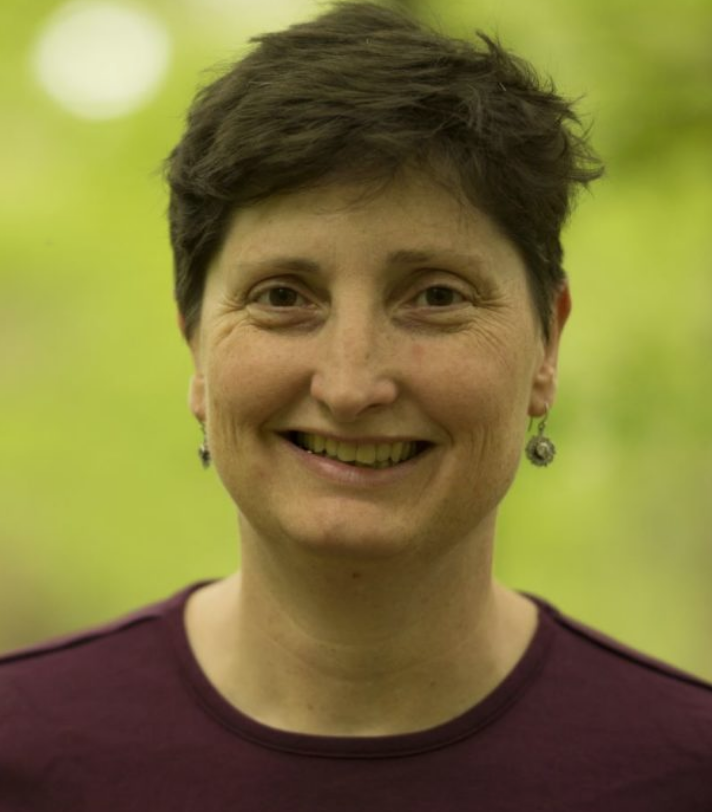People Are Our Most Important Crop
Sowing the Seeds of Our Future
“Off all the things that I have accomplished here at the Farm, I feel the one that has made the most difference has been creating a place where teenagers feel welcome, accepted, and useful”
Every year, we mentor two dozen teens through our Teen Work Crew and in the Mentoring Teens Through Agriculture Apprentice Program, paying them minimum wage to do “the big jobs” around the Farm. Through these programs, we get a lot of work done at the Farm, but it’s also a two-way street. We provide training, guidance, and a sense of community at a critical time in a teenager’s life by offering a safe place for them to explore interests, develop talents, and to make and learn from mistakes. These young people become the backbone of the farm, develop skills and leadership abilities, and then take those experiences out into the world to make it a better place.
Reaping What We Sow
Former teen workers, in their 20s, 30s, 40s, or even their 50s, come back to visit us. They share how their time on the Farm deeply influenced them, and tell us that thanks to the Farm, they now keep bees, have gardens, eat locally, let their children “get dirty” and are active participants in their communities. And some even work in agriculture!
Their testimonials let us know that we have helped to nurture well-rounded, responsible adults who make in difference in their, and our world.
NCOF Spotlight
James Meyer
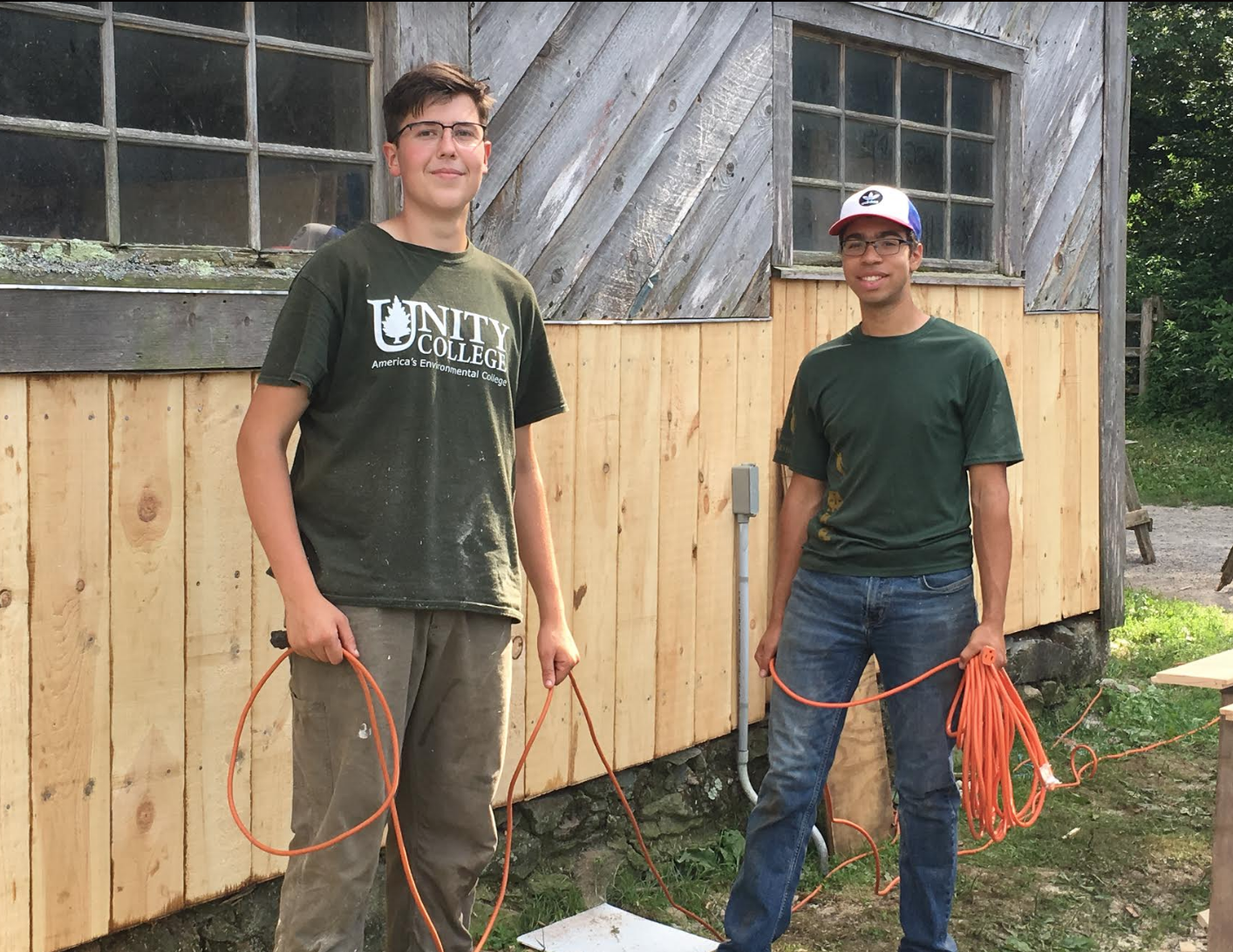
James (pictured on the left) is now a professional arborist
Mark Oteri
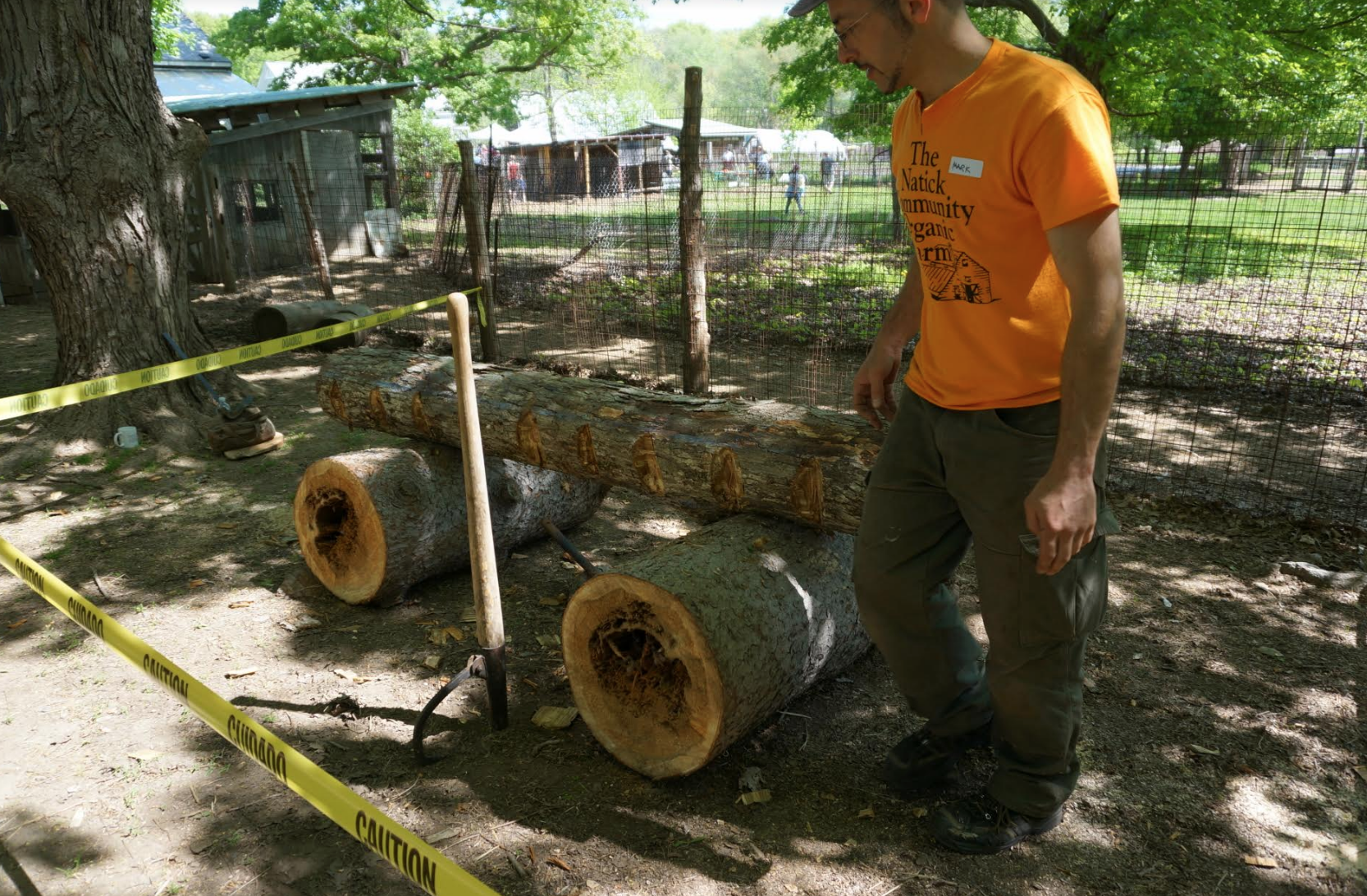
Mark Oteri started working at NCOF at age 10 in the Youth Summer Work program, where he discovered his interests in timberframing and stonework. He has worked all over the world as a professional timberframer and stone wall builder Mark has worked with NCOF’s Teen Work Crew to restore our 1815 barn, and build our timber frame nature center, composting toilet shed, and barnside market stand.
Rusty Varnell & Henry Barth
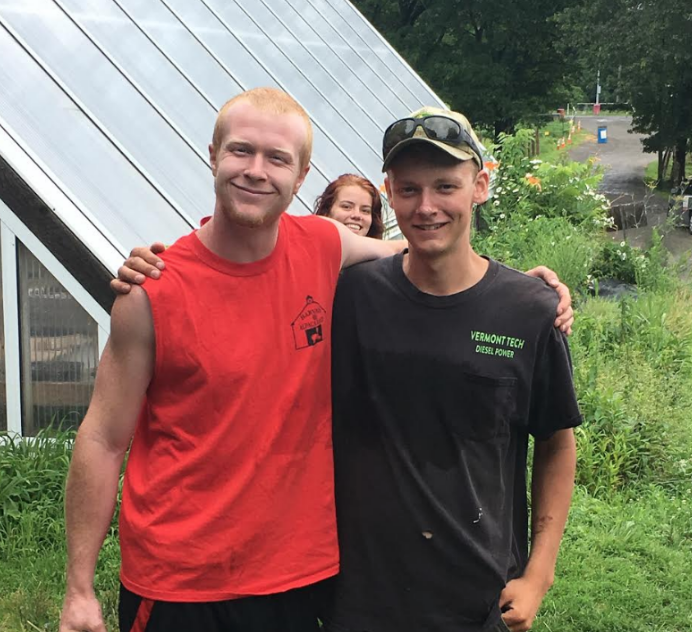
Rusty (pictured on the left) is now a professional alpaca shearer
Henry (pictured on the right) is now studying small engine repair, has a thriving small engine repair business, and is working as a farm hand
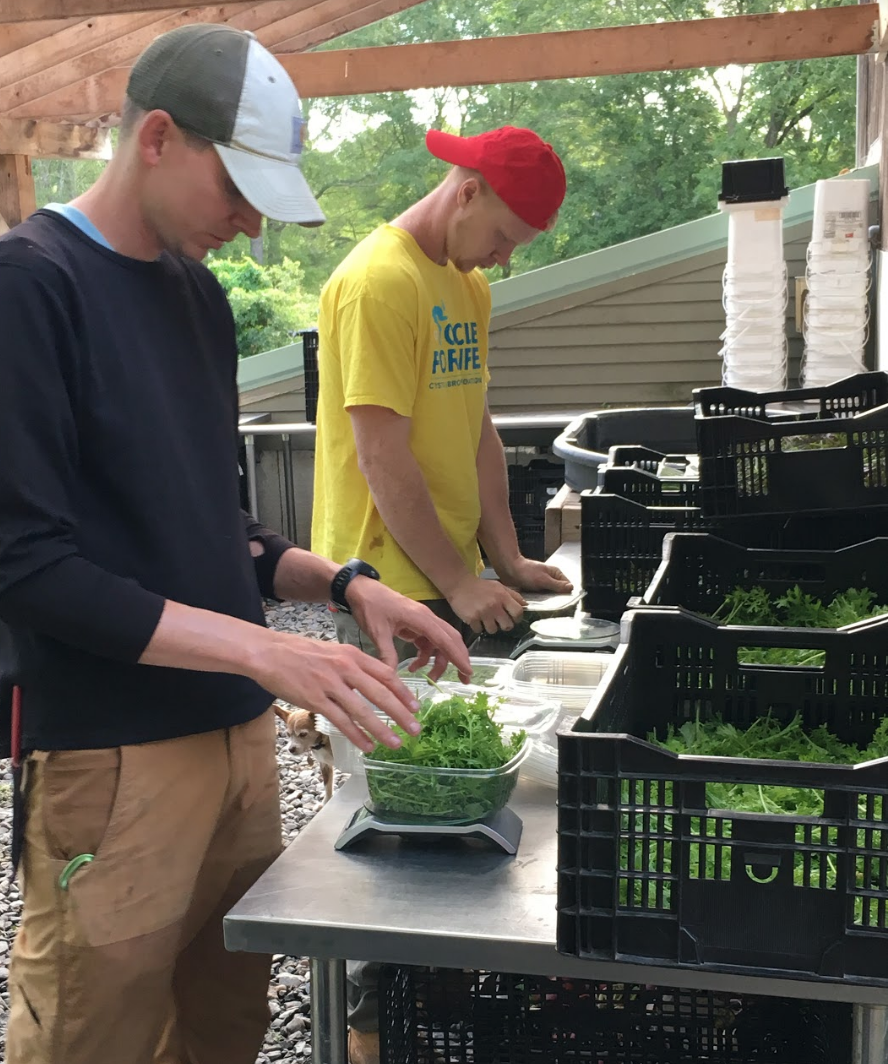
Trish Wesley Umbrell
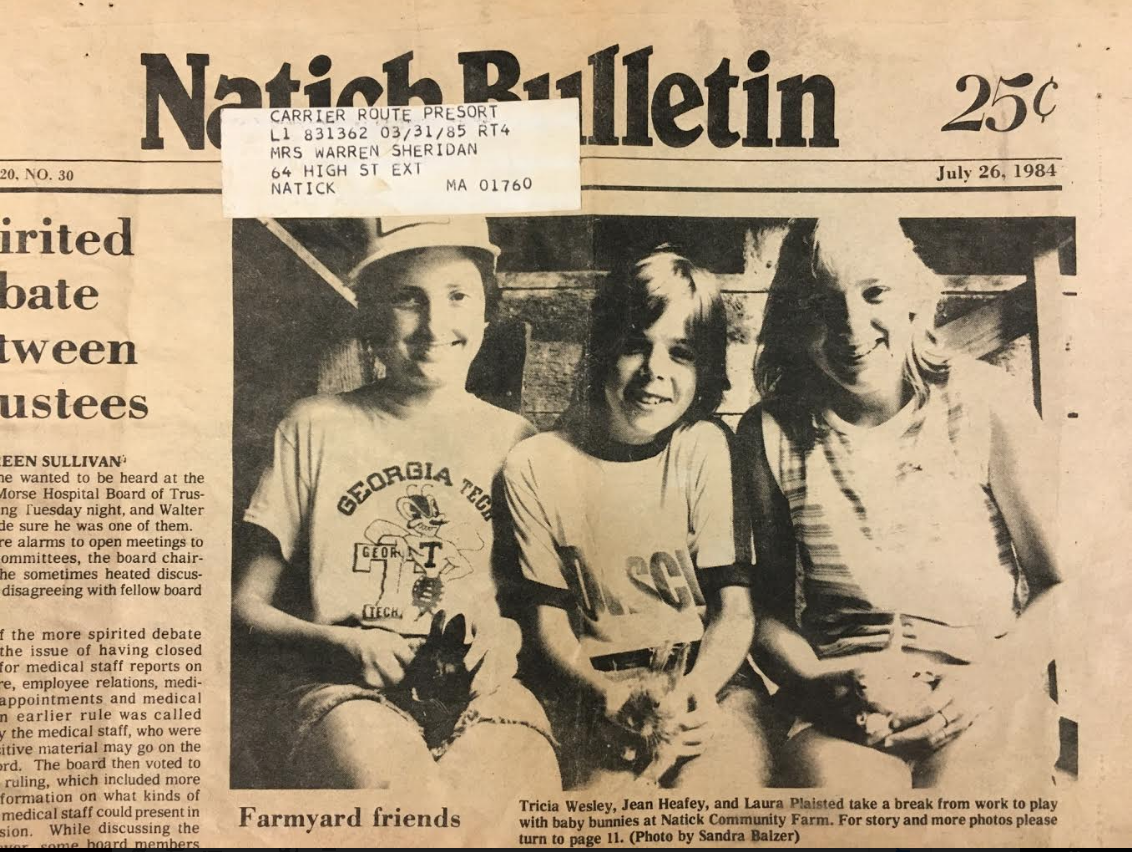
Trish first visited NCOF with her Kindergarten class. She remembers goats climbing on an old vehicle and that a classmate was bitten by a goose. She started attending the summer programs when she was 10.
